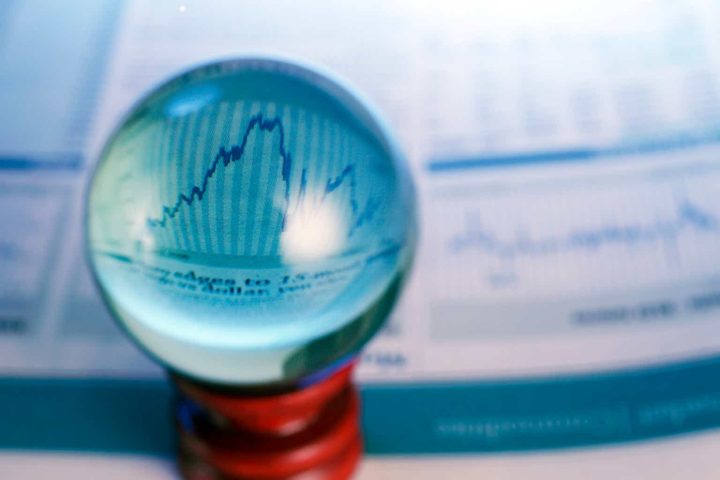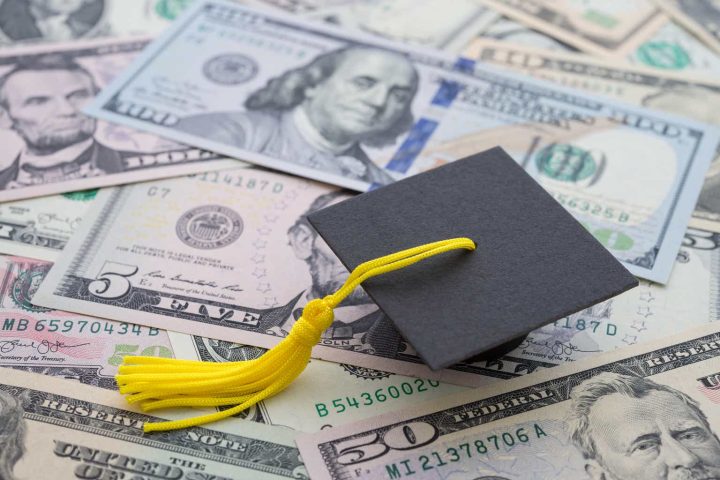In an all-hands meeting on the evening of Nov. 9, 2022, Alameda Research employees gathered in a circle to listen to CEO Caroline Ellison, who was sitting on a beanbag.
It was 11 p.m. in Hong Kong, and roughly half of the employees — 15 people — at Sam Bankman-Fried’s crypto hedge fund were present. Christian Drappi, a former software engineer at Alameda, was one of them. Ten others joined via video from the Bahamas. The Alameda office was across the street from FTX, Bankman-Fried’s crypto exchange.
On Thursday, Drappi took the stand as a government witness in the criminal trial against Bankman-Fried, which is taking place 11 months after Alameda and FTX spiraled into bankruptcy. Bankman-Fried faces seven federal fraud charges and the potential of life in prison. He’s pleaded not guilty.
Drappi’s appearance on the stand in Manhattan came at the end of Ellison’s third day of testimony and included a recording of the Hong Kong meeting. Rick Best, a trader who had joined Alameda just days earlier, was directly to Ellison’s right and secretly recording the meeting as audio.
The prosecution played multiple clips from the recording, and the defense team played one in cross-examination.
To a packed courtroom, Drappi described Ellison’s demeanor that night as “sunken.” He said she was “kinda slouching” and “did not display confident body language.”
“Alameda borrowed a bunch of money,” which it used to make investments, Ellison said on the recording. But as crypto prices fell, “FTX had a shortfall of user funds” and then “users started withdrawing their funds” and they “realized they would not be able to continue.”
Drappi can be heard on the tape asking about FTX’s plan to pay back customers. Ellison, who has pleaded guilty to fraud charges and is cooperating with prosecutors, responded that the company would raise money to fill the hole. Drappi told the jury that he was concerned with that response because it’s not typical to raise outside money for that purpose.
Drappi asked Ellison if Alameda’s loans were collateralized through the spot margin group. She said they weren’t, and Drappi said, “That seems pretty bad.”
Drappi wanted to know from Ellison if this was a “YOLO thing.”
He was asked in the courtroom to explain YOLO, and said, “It’s an acronym for ‘you only live once.'”
“When you do a YOLO thing, it’s something that’s spontaneous and not premeditated,” Drappi said. “I wanted to have Ms. Ellison confirm that indeed, you know, they had meetings about this and there was a deliberate decision, as I suspected it would be.”
At one point on the recording, Ellison giggled. Drappi, who said he’d known Ellison for a year and a half, described that as her “nervous laughter” and said she did it quite often.
When she was asked by a staffer whose idea it was to plug Alameda’s loan losses with FTX customer money, she said, “Um, Sam, I guess,” and giggled.
“FTX basically always allowed Alameda to, like, borrow user funds, as far as I know” she said on the recording.
Drappi resigned within 24 hours.
Drappi started at Alameda on May 31, 2021. Over the next 18 months, he worked in three offices: Hong Kong, the Bahamas and San Francisco. He was in Hong Kong as the business was falling apart.
In his testimony, Drappi said he observed Bankman-Fried working at the Hong Kong office and sat about 40 feet from him there for a couple months. The two hung out some out of the office, including to play padel, a hybrid of tennis and squash.
Drappi said Bankman-Fried maintained direct communications with Alameda employees through Signal. He weighed in on large trades and had access to “pointer,” Alameda’s internal interface, as well as to the firm’s back-end data.
In regard to trading, Drappi referenced one instance in which a senior trader said, “Sam wanted to do it,” referring to a trade involving selling Japanese bonds and buying the currency. Drappi said he spoke to Alameda traders every day.
The night before the all-hands meeting, Nov. 8, Drappi said he was in the office along with Ellison and two traders, Tony Qian and David Nyeste. At about 11 p.m., Bankman-Fried posted a tweet announcing that Binance was buying FTX, in what would amount to a rescue of the exchange.
Drappi said the response was “shock.”
The Binance agreement was nonbinding. On Nov. 9, the rival exchange backed out of the deal, and CEO Changpeng Zhao said FTX’s “issues are beyond our control or ability to help.” Two days later FTX declared bankruptcy.
WATCH: Caroline Ellison details SBF’s involvement in running Alameda
Read the full article here







